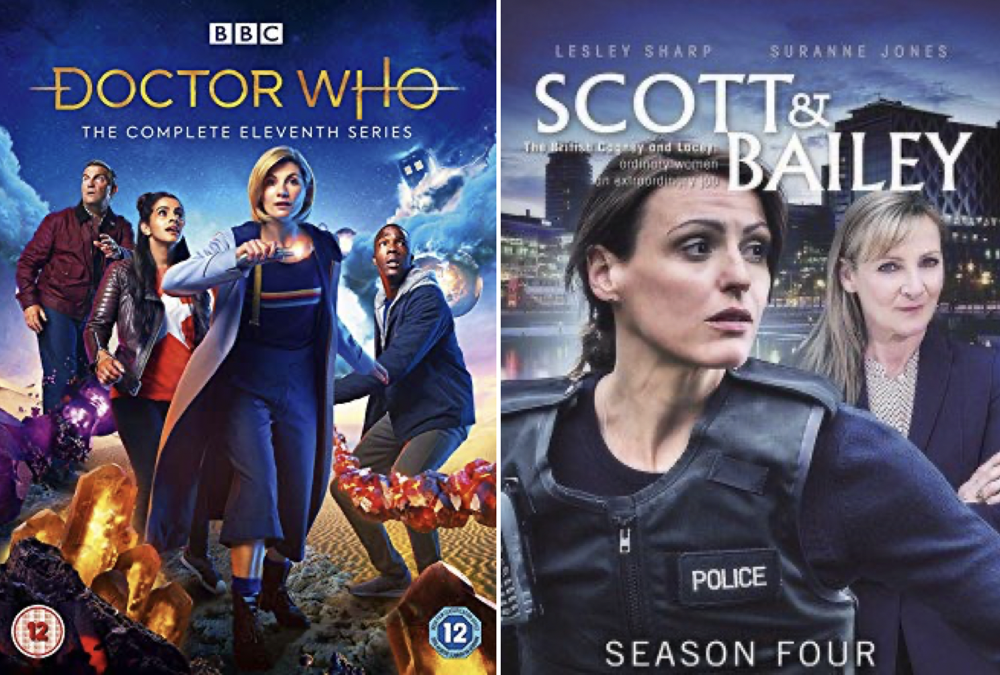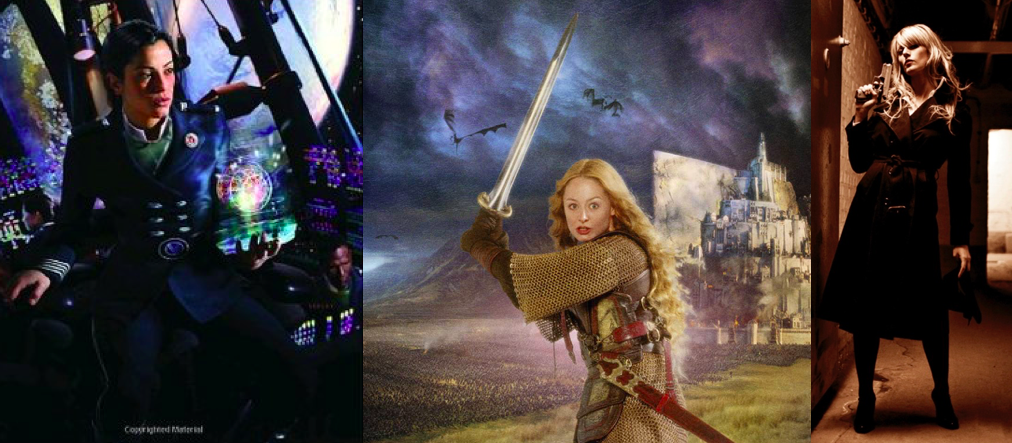 Recently, I attended a fair near where I live in southwest France. I chatted with local English friends, met real ones who had only been Facebook friends until then and made new ones. I had a fascinating discussion about Romans in France with a French philosophy teacher who also talked about the different English and French approaches to history. The hilarious thing was that he’d caught me with half a mince pie in my mouth. I was humbled when French mothers and grandmothers said they were buying a real English book signed by the author for their family members; I always feel so responsible.
Recently, I attended a fair near where I live in southwest France. I chatted with local English friends, met real ones who had only been Facebook friends until then and made new ones. I had a fascinating discussion about Romans in France with a French philosophy teacher who also talked about the different English and French approaches to history. The hilarious thing was that he’d caught me with half a mince pie in my mouth. I was humbled when French mothers and grandmothers said they were buying a real English book signed by the author for their family members; I always feel so responsible.
Regulars who had bought a Roma Nova book each year knew how it all worked, and we were soon into discussing the exact nature of Aurelia’s relationship with Caius, Carina still feeling a stranger sometimes in Roma Nova and wondered together where Allegra was going with her life. And, of course, how those three generations (and the ghost of Marina) interconnected throughout the (two) series.
New readers were intrigued by the idea of a remnant of the Roman Empire surviving. Women mostly looked surprised and then delighted when I explained that the gender balance was tipped in favour of women; the men were slightly sceptical but interested at the idea of a 21st century Rome, then thoughtful. I’m used to these reactions so I’m ready with the answers. 😉
Then I started thinking about it…
 Why is it automatically assumed that in a thriller/adventure story that the woman is usually the assistant, subordinate, girlfriend or sidekick? These days, she’s often the scientist, historian, forensic expert, or even the boss of the team, but rarely the chief mover and shaker of the action in the story. It’s mostly still James Bond rather than Jamie Bond.
Why is it automatically assumed that in a thriller/adventure story that the woman is usually the assistant, subordinate, girlfriend or sidekick? These days, she’s often the scientist, historian, forensic expert, or even the boss of the team, but rarely the chief mover and shaker of the action in the story. It’s mostly still James Bond rather than Jamie Bond.
I expect at this stage you might quote me an amphora-load of examples. Women running the show in police and crime fiction and their television versions such Scott & Bailey (Sally Wainwright), Vera (Ann Cleeves) and Rizzoli & Isles (Tess Gerritsen) seems to be increasingly common (Hooray!), and taken as pretty normal in the general reader’s or viewer’s mind. But in the thriller/adventure/spy genres women in the lead role are still seen as the exception. Remember the enormous controversy when Doctor Who became a woman?
Why? I believe this perception goes quite deep.
In Real Life, surgeons, motor mechanics and firefighters are automatically visualised as men; midwives, childminders and personal assistants/secretaries as women. Female police are everywhere, even on patrol with weapons at, for instance, railway stations, but it would be interesting to know how many lead armed response or tactical units.
Women first became eligible to pilot Royal Air Force combat aircraft in 1989. The following year, they were permitted to serve on Royal Navy warships.The 1991 Gulf War marked the first general deployment of British women in combat operations since 1945.
The seizure of Royal Navy sailor Faye Turney in 2007 by the Iranian Revolutionary Guard led to some media comments on the role of women and mothers in the armed forces (not as persons in their own right!) which is a perfect illustration of the traditional views still prevailing in today’s society.
In 2016 a ban on women serving in close combat roles was lifted and in 2017 the Royal Air Force’s ground-fighting force became open to women for the first time. In 2018, women became eligible to apply for all roles in the British forces, although it should be noted that specialist units, particularly in the corps like medics and signals and in regiments like the UDR, had deployed women along with men for many years.
None of this equality on paper stops rude comments or sexual harassment. Women are often left out of office activities or squad bondings. sessions down the pub or after work drinks with other managers. This makes it difficult to make a connection with those they are trying to work and communicate with, especially in a team structure. For military and police this can also be very dangerous when they are out in the field since acceptance and trust has not always been built to a high degree.
Of course, it is always a matter of choice. Women are free to pursue their own career, to train for it and practise it without gender hindrance. But of course, they have to accept they must meet the required standards and qualifications without any allowance for their gender. It used to be said that a woman had to be twice as effective in order to be considered ‘as good as the blokes’. I hope that isn’t still true.
Back to fiction where in science fiction, fantasy or alternative time lines where women can be heroes (or sheroes)…
| Kylara Vatta from Trading in Danger, Elizabeth Moon | Eowyn, Lord of the Rings, JRR Tolkien | Carina Mitela, PERFIDITAS, Alison Morton |
I write the Roma Nova books to highlight how things could be; the characters live their lives naturally in their world and there is no room for these inbuilt unequal attitudes; neither men nor women are disadvantaged.
But, of course, it’s fiction. Moreover, it’s speculative fiction.
Until everybody in our own timeline loses stereotypes around what people – real or fictional, men as well as women – can do, we will always cause surprise whether selling fiction at a fair or in Real Life.
Alison Morton is the author of Roma Nova thrillers – INCEPTIO, CARINA (novella), PERFIDITAS, SUCCESSIO, AURELIA, NEXUS (novella), INSURRECTIO and RETALIO, and ROMA NOVA EXTRA, a collection of short stories. Audiobooks are available for four of the series. Double Identity, a contemporary conspiracy, starts a new series of thrillers. JULIA PRIMA, a new Roma Nova story set in the late 4th century, is now out.
Download ‘Welcome to Alison Morton’s Thriller Worlds’, a FREE eBook, as a thank you gift when you sign up to Alison’s monthly email update. You’ll also be among the first to know about news and book progress before everybody else, and take part in giveaways.














Informative and topical.
As a guy, I’ve attempted to change my stereotype-educated/indoctrinated mind. It’s not been easy with all the misinformation and attitudes of those around me. However, I’ve seen women prove themselves as equals – even betters – in the vocations I interacted with. You are not the only female writer I follow that was in the military. Women in the armed service, police, or as first respondents of any sort made sense for me, a few years ago. Your novels work for me. I’m reading and researching the first Soviet airwomen in WW2, who struggled to achieve so much on the front line. I’ve even got a MG short with one coming out in an anthology next year. Plus, my WIP has a female MC detective with my attempt at a balanced police force – prejudices included.
Thank you for your kind words, Roland. Yes, even the Soviet women faced distinct challenges from their ‘comrades’.
Good luck with your own writing.
A woman as Dr Who … so many initial results of shock and horror when her casting was first announced, but I love her, she’s brilliant, (although I think some of the scripts could have been better). Rumour is that she’s leaving though *shame*.